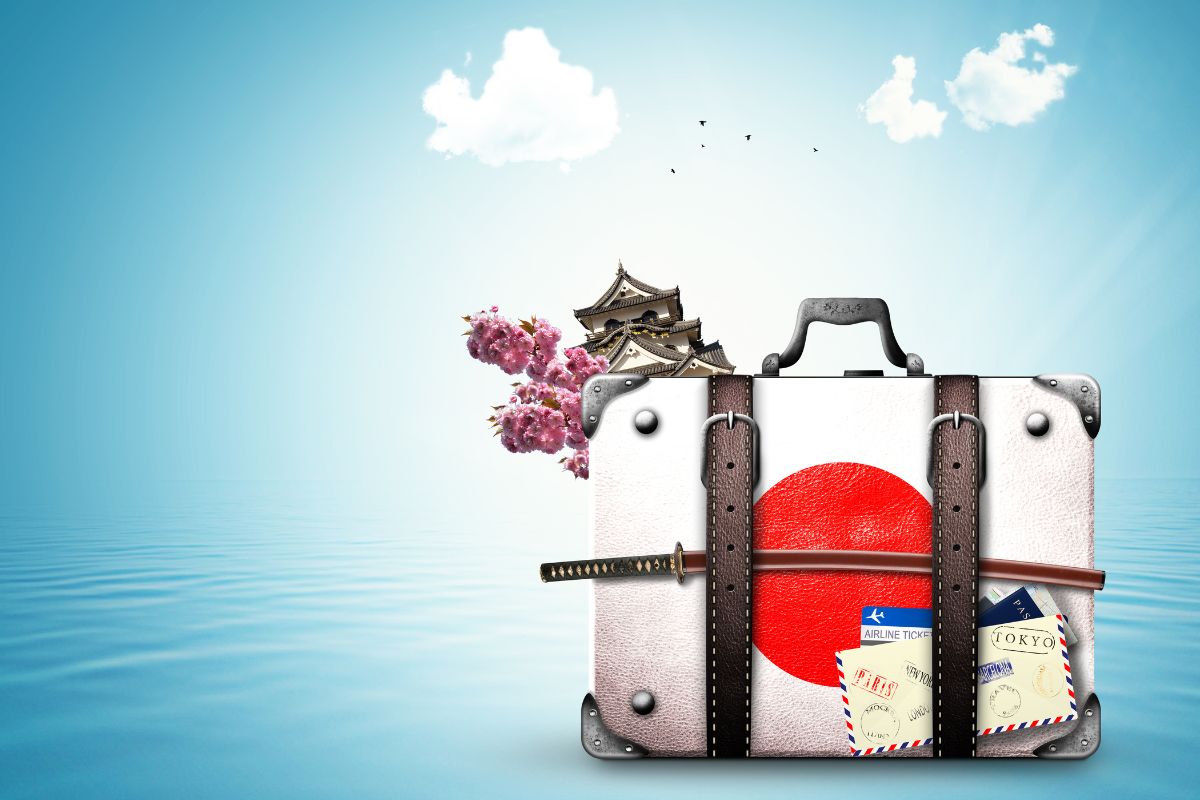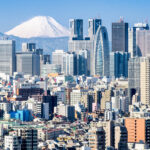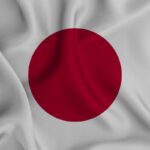If you’re considering moving to Japan, be it for work, travel, or to live, one of the main things you’ll probably be wondering about is how high the general living costs are.
There are a lot of different things to consider: food, transport, housing, utilities, and entertainment being just a few. It can be challenging to find accurate information on all of these and the whole process might feel quite overwhelming.
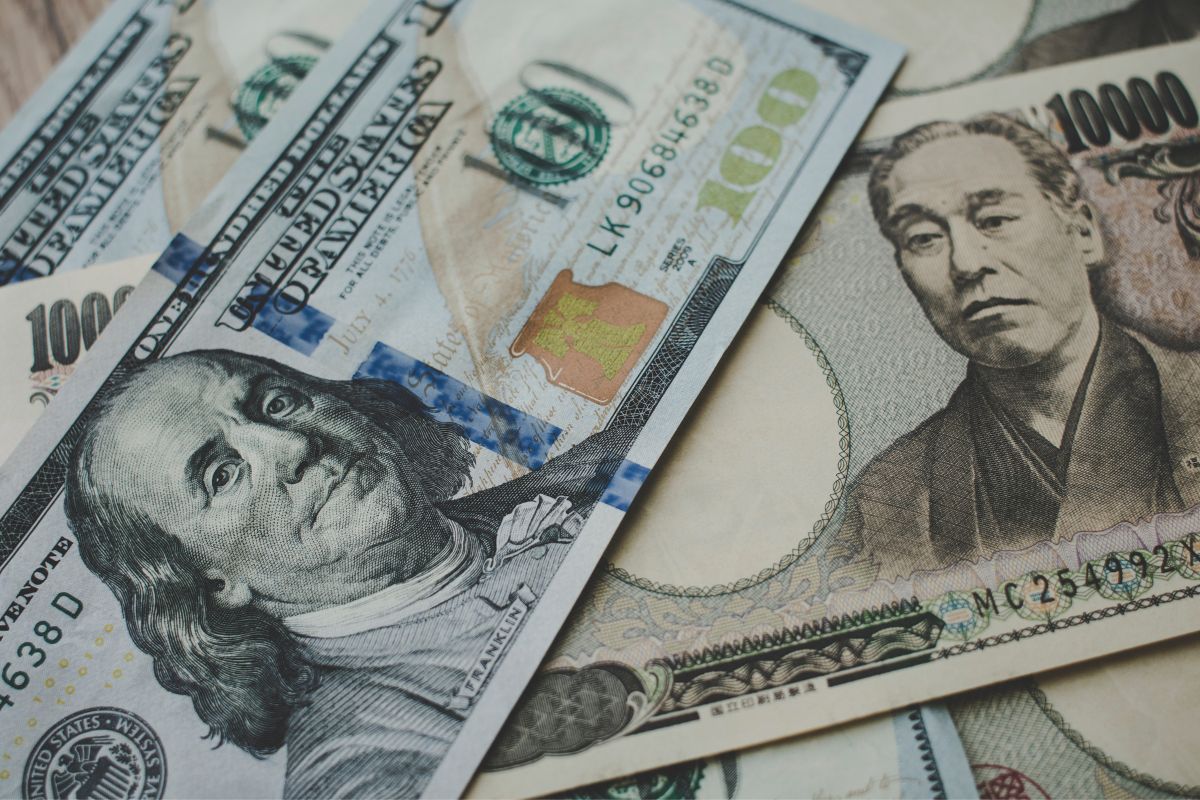
But if you’re wondering about this – don’t panic! We’re here to help you. In this article, we’re going to be talking about the average costs and differences between Japan and the United States of America.
We’ve broken this down into a few different sections that will allow you to get a good idea of which country has a cheaper standard of living.
A Note On Location
This is one of the first things you need to think about. Prices of various different living essentials can be much different depending on your location.
It should go without saying that central Tokyo is going to be much more expensive than a rural town, just like New York is much more expensive than other places in America.
The cost of living varies massively depending on location and this extends to food prices, transport, and most of all housing!
Transportation
Public transport in Japan is generally much more affordable than in certain places in the United States. We’ve broken this down for you into a few different transportation options so that you can get an idea.
Tokkyu: This is the term used to describe Japan’s network of limited express trains. If you’re going to be commuting to work (say into a city,) this is most likely what you’ll be taking.
Whilst fares can differ depending on where you are in the country and how far you need to travel, expect to pay anywhere from 500 to 4,000 yen.
Shinkansen: This is the Japanese word for a bullet train, a network of extremely fast bullet trains across Japan.
We’ve separated from our regular train section because Shinkansen is mostly used for long-distance travel. It’s safe to say that Japan is a lot cheaper to explore via bullet train than the US.
Shinkansen fees are much more expensive than limited express, and you can expect to pay anywhere from 800 all the way up to 11,000 yen or more to travel long distances.
If you travel on a train that is managed by the JR company, you’re likely to find the experience fairly affordable. With a 7 Day Japanese Rail pass, you can expect to pay somewhere around 37, 333 Yen, which converts to around $277.
So that’s almost unlimited travel for an entire week for that amount of money. This is especially good if you’re looking for something to have over a short period of time when traveling the country.
Car Rentals: Car rentals are a lot cheaper than most places in the United States, and although you’ll have to already be able to drive for this option, it’s not a bad choice if you’re looking to minimize your travel expenses.
The average cost of a car rental is somewhere around 7000 yen per day, which is something like $50 dollars.
Buses: It’s hard to give you an exact figure of how much an average bus fare is in Japan, because it can vary depending on where you are in the country.
But if we take Tokyo for example, it costs around 200 yen for an adult and 100 for a child, which is just over a dollar. Intercity buses are very cheap, just like in the US and in many European countries, but of course the further you travel the more it’s likely to cost.
Housing Costs In Japan
This is another one that can be really difficult to compare. If you compare the rent prices of Tokyo to a rural American town, then Japan is likely to be much more expensive, but if you compare New York to a rural Japanese town, you’re going to find a similar kind of gap.
The best way to compare these would be to look at the average nationwide monthly rent cost. In Japan, this comes to somewhere between 50,000 and 70,000 yen ($370-$520), but in America, the average cost is somewhere between $1000-1300.
You’ll notice a massive disparity here, but it’s worth noting that Japanese apartments are often much smaller, and you can pay upwards of 100,000 yen for larger apartments or in nice neighborhoods.
One thing to keep in mind is that apartment costs can differ depending on how far away from a station they are – especially on the outskirts of cities.
If you live in a built-up area, finding an apartment close to a station can be difficult because of how sough after and expensive they can be.
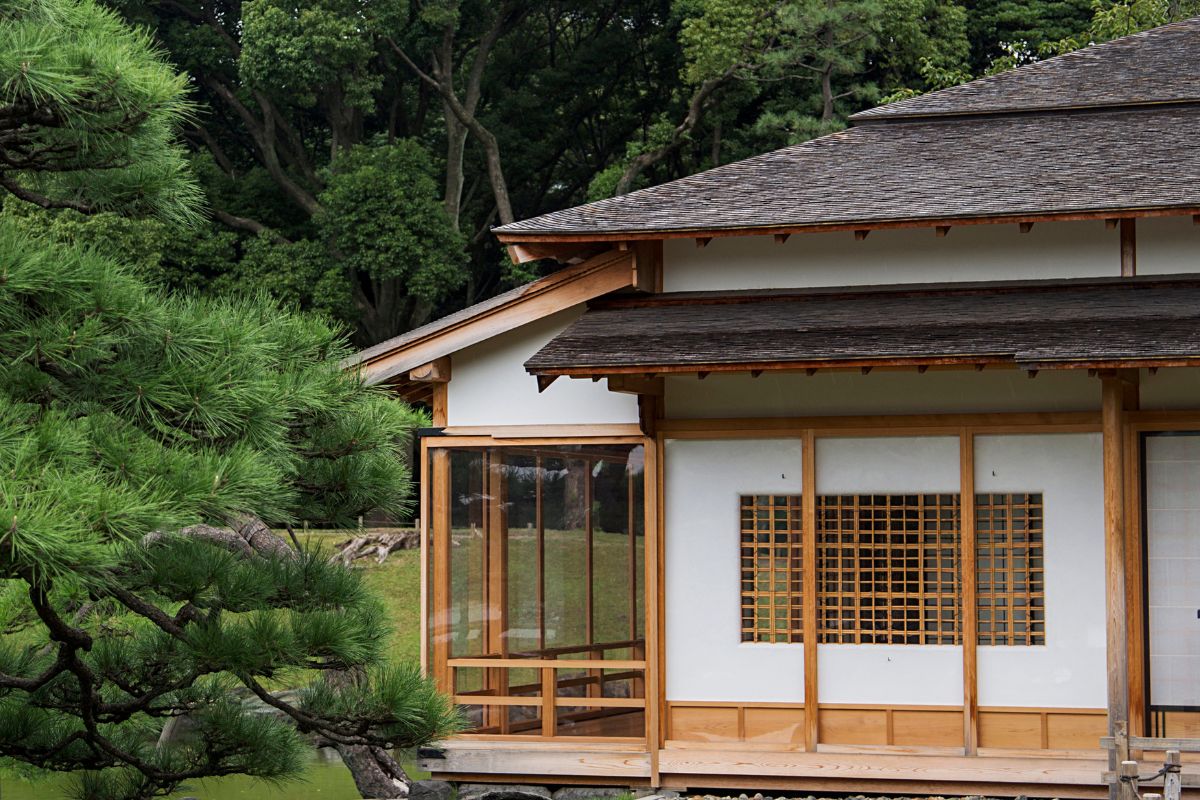
Average Utility Costs In Japan
Our previous section about housing was without utilities, and these can also vary depending on where you live and how much energy/water/gas you’re using.
The average cost of utilities is around 10,000 yen per month, with electricity being the most expensive part, with the American comparison being around $240.
So you’re likely to pay a lot less for utilities living in Japan. That said, Japanese apartments and homes are often much smaller, so it makes sense as to why they cost less to heat etc.
This will all depend on climate, as both America and Japan are rather varied on climate depending on where you live.
Food Costs In Japan
Let’s talk about food costs for a moment. An average meal in a fairly priced Japanese restaurant is going to cost you anywhere from 1000 to 3000 yen, converting to $8 – $24. This depends mostly on the amount of food you get, as well as side orders and drinks.
When it comes to groceries, one thing to keep in mind is that a lot of the food on offer is going to be quite different. Japan and the US have very different staple foods, so if you’re looking for American food you’re less likely to find it for a reasonable price.
The average food cost per month for an average person living in Japan comes to around 44,500 yen, which converts to around $330.51. As you can see this is fairly close as to what an American might spend on a monthly budget.
Is Japan Cheaper Than the US?
So now let’s try and answer our initial question. The truth is that – it depends on where you are, and what you’re looking to do! Food and transportation are quite close when compared, with housing being a little cheaper at the cost of space.
Utilities are much cheaper in Japan depending on where you live.
Final Thoughts
So there you have it! The two countries are very comparable, with some small differences on utilities, housing and transportation. We hope that this guide has given you some indication for what it’s like comparing the two.
Generally, the best advice we can give you is to look at average prices for the place you’re looking to live/travel in or to. Best of luck on your Japanese adventure, it’s a wonderful country with so much to explore and experience!
- 16 Best Websites To Watch Japanese Movies With English Subtitles - May 11, 2023
- Is ZIPAIR The Best Airline For Traveling To Japan? - May 11, 2023
- Ryu Murakami Vs Haruki Murakami – Which One Should You Read? - May 11, 2023

